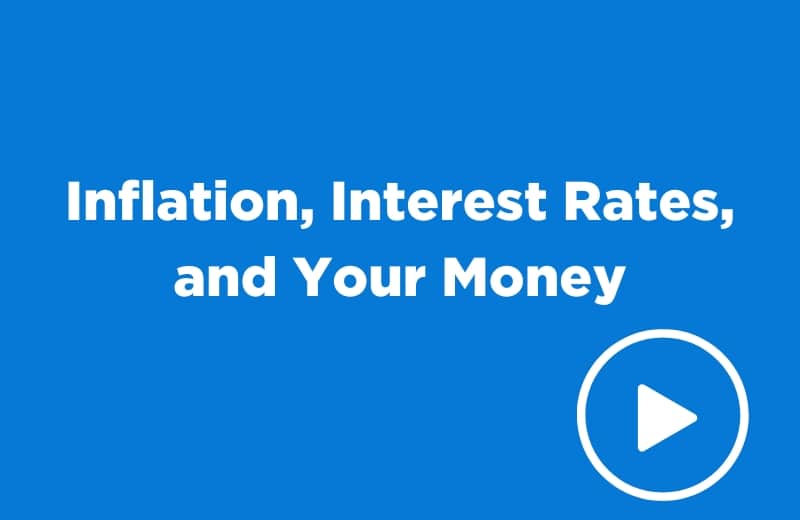Researchers in the field of behavioral finance study how personal emotions and other cognitive factors can influence financial decision-making. What they’ve discovered is that people don’t always make wise choices when it comes to their money.
People sometimes react without thinking things through. Let’s look at a simplified example.
This hypothetical graph shows how an investor should behave during a market cycle. Ideally, they should buy when prices are low, and sell when they are high. Unfortunately, investors often let their emotions get the better of them and end up doing the opposite — buying high and selling low. Rising prices often cause a feeling of excitement. “I want in!” an investor might think. But by the time the investor makes a move, most of the gains may already have been made.
It’s also common to become anxious and want to sell during a downturn. But is this smart? Maybe… but maybe not. What if the dip is short-lived and the investment rebounds? Fear of loss and the thrill of making money can be powerful emotions. But reacting to these emotions rather than following a sound investment strategy may not result in appropriate decisions for your goals.
In investing, it’s always a good idea to try to identify any emotions at work before making a move with your money.


